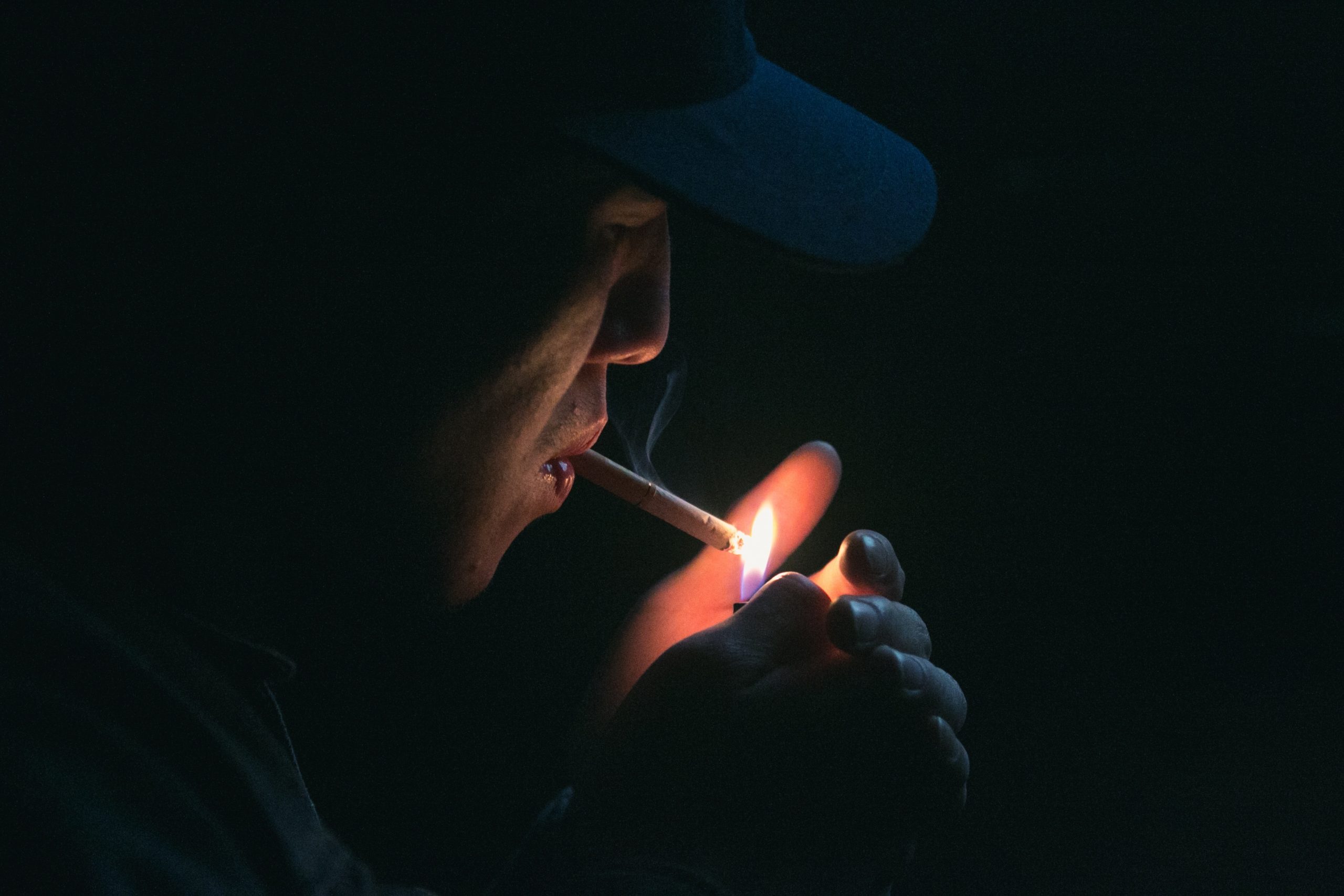Addiction is a growing problem that affects millions of people globally. It’s a complex and multi-faceted issue that can be hard to recognize and even harder to deal with. But the good news is that recovery is possible, and with the right help, you can overcome any addiction. To get started on your journey toward sobriety, it’s important to know when it’s time for treatment and how to recognize when an addiction is present. In this article, we’ll look at eight facts about addiction so you can gain a better understanding of the issue and make more informed decisions about your health and well-being.

Secretive Behavior
If you or a loved one is engaging in secretive behavior, it may indicate a problem with addiction. This can include hiding alcohol or drugs, lying about using substances, or trying to keep others from knowing about the situation. If you notice this behavior, it’s important to reach out for help as soon as possible. Professional addiction facilities such as Cornerstone Healing Center can help you every step of the way with your recovery to ensure that you’re on the path you want to be on going forward. Professional rehab facilities such as this offer a range of programs and treatments to suit everyone’s individual addiction needs.
Bloodshot Eyes
Bloodshot eyes are one of the most common and easily recognizable signs of drug abuse. Several different substances, including alcohol, cocaine, methamphetamine, and others can cause bloodshot eyes. Bloodshot eyes indicate that the person has been using drugs heavily and for an extended time.
Sudden Weight Loss
There are many possible causes of sudden weight loss, but it’s often a sign that something is off balance in the body. When someone is addicted to a substance, they may not have the same appetite as they did before using the substance. They may also lose weight due to changes in their metabolism or increased activity levels.
Interrupted Sleep Patterns
If you’re trying to determine if someone you know has an addiction, look for their change in sleeping patterns. This can manifest as either insomnia or hypersomnia and may be one of the first signs that something is wrong.

Change In Complexion
When someone is addicted to drugs or alcohol, their complexion can change dramatically. This is because these substances cause a variety of changes in the body, including an increase in blood pressure and heart rate. In addition, drug and alcohol addiction can lead to dehydration, which can cause the skin to become dry and wrinkled.
Depression And Anxiety
Similarly, another major symptom of prolonged drug abuse includes experiencing depression and anxiety. Depression and anxiety may be due to the withdrawal, dependence, and financial strain associated with drug misuse.
Irritable And Having Mood Swings
Similarly, if you notice that someone is irritable and having mood swings, it could be a sign that they are struggling with addiction.
Poor Decision-Making
And finally, addiction takes a toll on more than just your physical health – it can also impact your cognitive abilities, including your decision-making skills. If you find yourself making poor decisions more often than not, it may be time to seek treatment for your addiction. Impaired decision-making is one of the hallmark symptoms of addiction. When you’re addicted to drugs or alcohol, you’re more likely to take risks and make impulsive decisions without thinking about the consequences. This can lead to dangerous behaviors like driving while intoxicated, engaging in unsafe sex, or using needles to inject drugs.
Get Help
If you think someone you or someone you know is struggling with addiction, encourage them to seek help from a qualified treatment provider. There are many treatment options available that can help you or your loved one get sober and stay sober for the long term. Don’t hesitate to reach out for help if you feel like you’re struggling – it could save your life.








